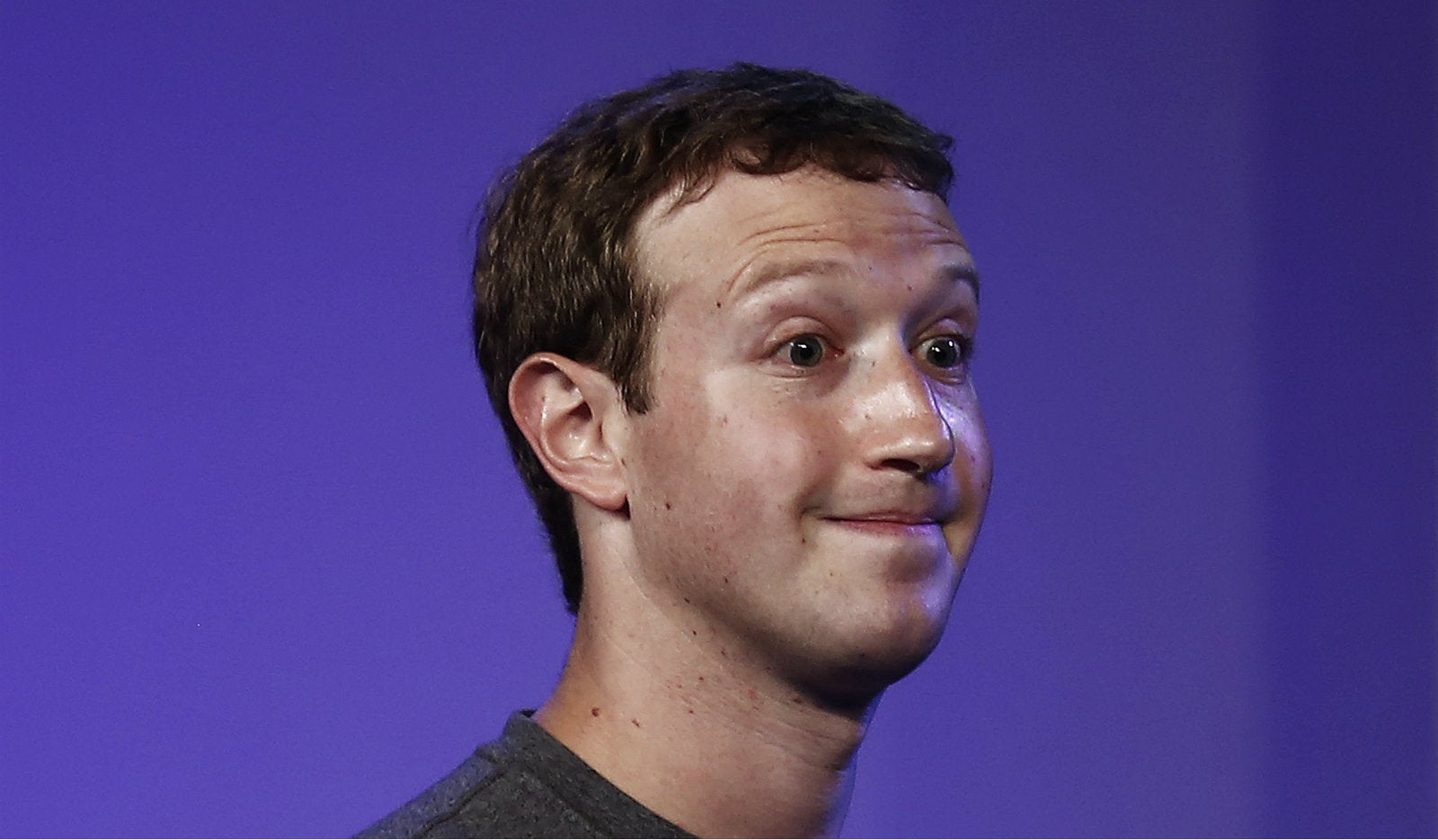India’s entrepreneurs and academics aren’t buying Mark Zuckerberg’s Free Basics sales pitch
There have been double-page newspaper and television advertisements, a flawed notification-based campaign and even a passive-aggressive op-ed by Mark Zuckerberg to get Facebook’s Free Basics service off the ground in India.


There have been double-page newspaper and television advertisements, a flawed notification-based campaign and even a passive-aggressive op-ed by Mark Zuckerberg to get Facebook’s Free Basics service off the ground in India.
But many in India—Facebook’s second largest market outside the US—remain unconvinced, and some influential entrepreneurs and academics have, separately, ripped into Facebook’s arguments for pushing Free Basics.
In India, the Free Basics service was available to subscribers of Reliance Communications, but the Telecom Regulatory Authority of India (TRAI) asked the telecom provider to put it on hold since Dec. 23. The regulatory body had also issued a consultation paper (pdf) earlier this month on differential pricing of data services. Stakeholders have till today (Dec. 30) to submit their comments.
Misleading and flawed
In a joint statement to the TRAI, 75 professors from the Indian Institutes of Technology (IITs), the Indian Institute of Science (IISc) and the Indian Institutes of Information Technology (IIITs) explained the “sheer absurdity” of Facebook’s Free Basics service:
The first obvious flaw in the proposal is that Facebook assumes control of defining what a ‘basic’ service is. They have in fact set up an interface for services to ‘submit’ themselves to Facebook for approval to be a ‘basic’ service. This means: what are the ‘basic’ digital services Indians will access using their own air waves will be decided by a private corporation, and that too one based on foreign soil. The sheer absurdity of this is too obvious to point out.
To draw an analogy, suppose a chocolate company wishes to provide ‘free basic food’ for all Indians, but retains control of what constitutes ‘basic’ food—this would clearly be absurd. Further, if the same company defines its own brand of ‘toffee’ as a ‘basic’ food, it would be doubly absurd and its motives highly questionable. While the internet is not as essential as food, that the internet is a public utility touching the lives of rich and poor alike cannot be denied. What Facebook is proposing to do with this public utility is no different from the hypothetical chocolate company. In fact, it has defined itself to be the first ‘basic’ service, as evident from Reliance’s ads on Free Facebook. Now, it will require quite a stretch of imagination to classify Facebook as ‘basic’.
This is why Facebook’s own ad script writers have prompted Mr. Zuckerberg to instead make emotional appeals of education and healthcare for the poor Indian masses; these appeals are misleading, to say the least.
The academics also explained how the service is not actually free.
The third flaw is that the term ‘free’ in ‘free basics’ is a marketing gimmick. If you see an ad which says ‘buy a bottle of hair oil, get a comb free’, you know that the cost of the comb is added somewhere. If something comes for free, its cost has to appear somewhere else. Telecom operators will have to recover the cost of ‘free basic’ apps from the non-free services (otherwise, why not make everything free?). So effectively, whatever Facebook does not consider ‘basic’ will cost more.
If Facebook gets to decide what costs how much, in effect Indians will be surrendering their digital freedom, and freedom in the digital economy, to Facebook. So this is not an issue of elite Indians able to pay for the Internet versus poor Indians, as Facebook is trying to portray. It is an issue of whether all Indians want to surrender their digital freedom to Facebook.
Meanwhile, on Dec. 29, nine Indian entrepreneurs wrote a letter to the TRAI saying India does not need a “digital divide by offering a walled garden of limited services in the name of providing access to the poor.”
These entrepreneurs include Zomato’s Deepinder Goyal, Vijay Shekhar Sharma of Paytm, Sachin Bhatia of TrulyMadly, Vineet Dwivedi of FlipClass.com, GOQii’s Vishal Gondal, Alok Agarwal of Teesort.com, Bharat Gulia of Metis Learning, Faisal Farooqui of Mouthshut.com and Manish Vij of SVG Media.
Here is an excerpt from the letter:
The open nature of the internet has spurred innovation and enabled startups to flourish. The success of Google, Facebook or of several Indian startups, including those founded by the below signatories to the letter, is a result of the open nature of the internet that permitted innovation without any entry barriers.
The practice of differential pricing of data services results in skewing the dynamics of the internet with telecom service providers and a few players like Facebook with its Free Basics platform acting as gate-keepers. Differential pricing of data services including practices like zero rating of selected content and applications leads to a tiered internet instead of a single open internet. This affects the ability of new players to compete in the market with the established corporations.
…At this stage, there is no reason to create a digital divide by offering a walled garden of limited services in the name of providing access to the poor.
We request TRAI to issue clear Regulations preventing telecom providers or content providers from acting as gate-keepers offering restricted Internet services instead of the open internet.
Comedy group, All India Bakchod (AIB)—which has been a strong critic of Facebook’s Free Basics for long—also released a third video on Dec. 24, asking viewers to write to the TRAI in support of net neutrality.